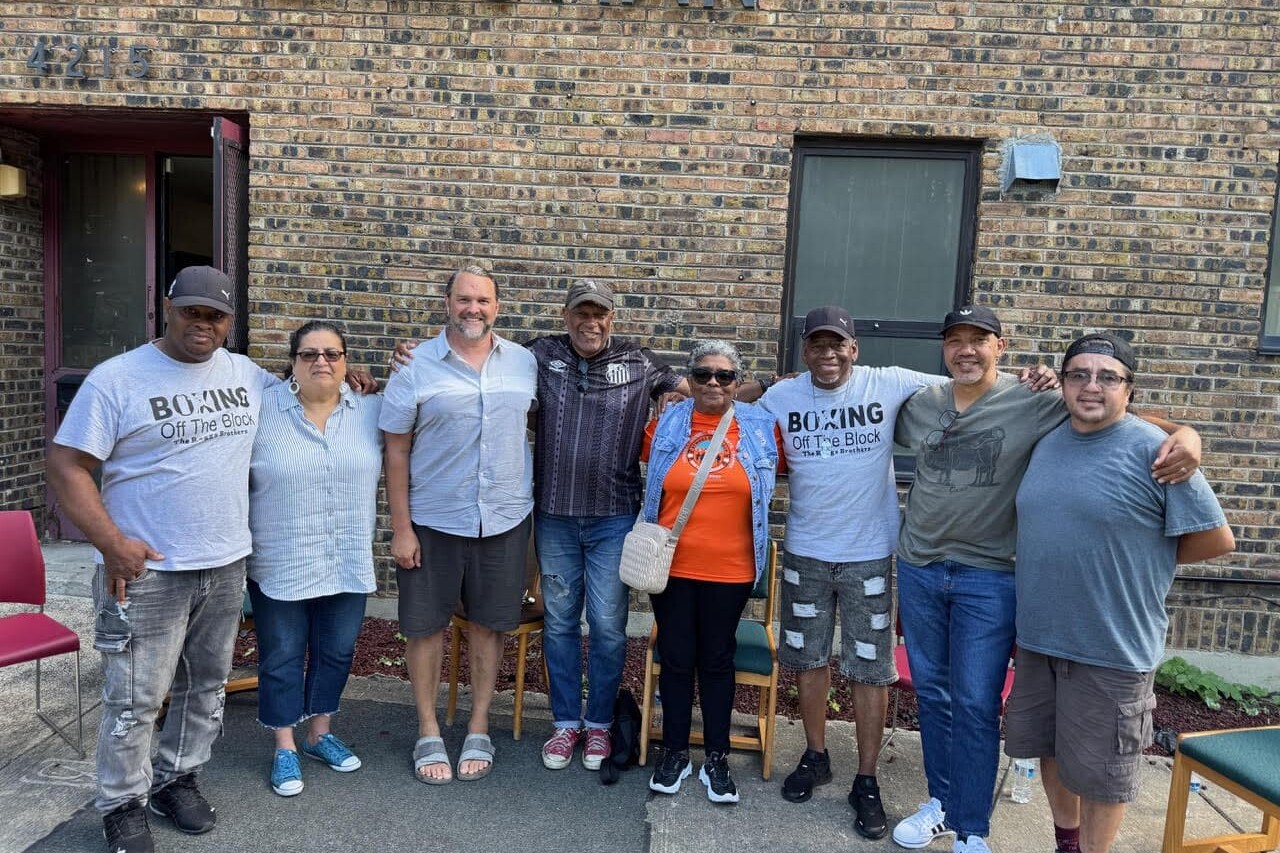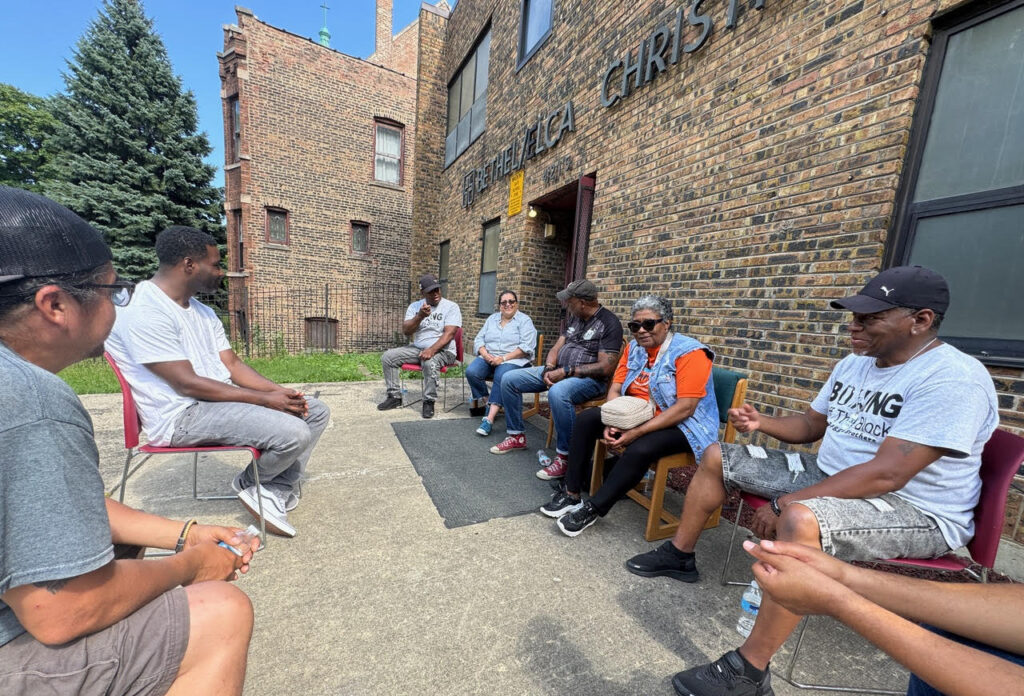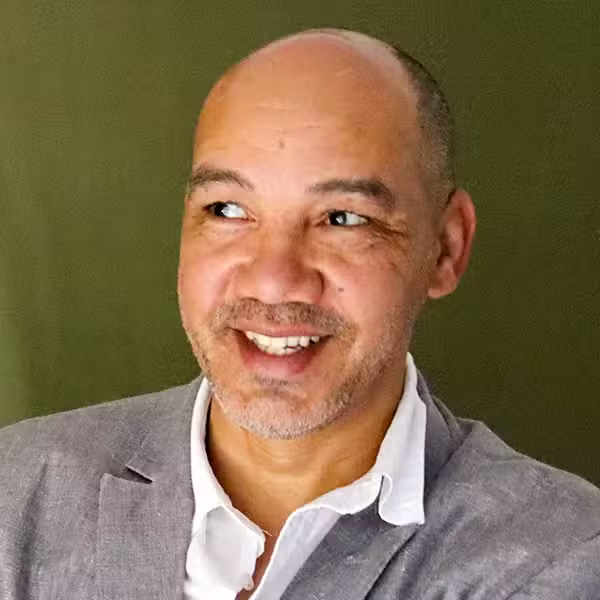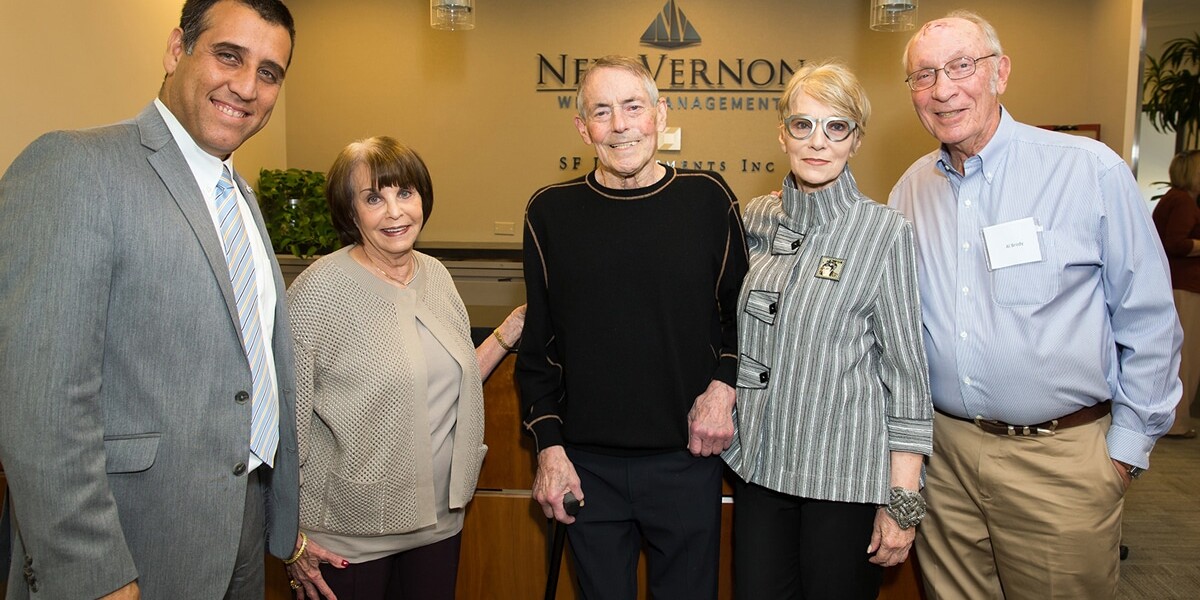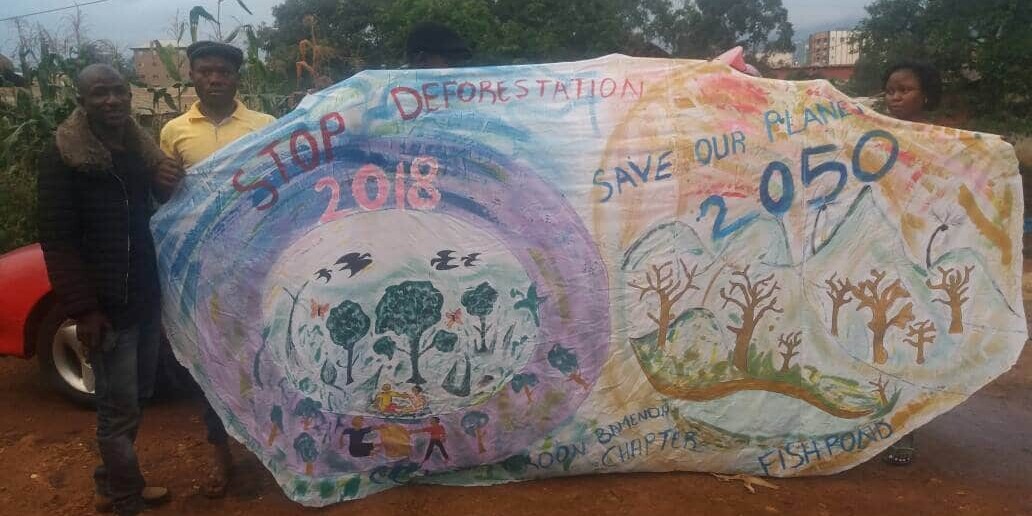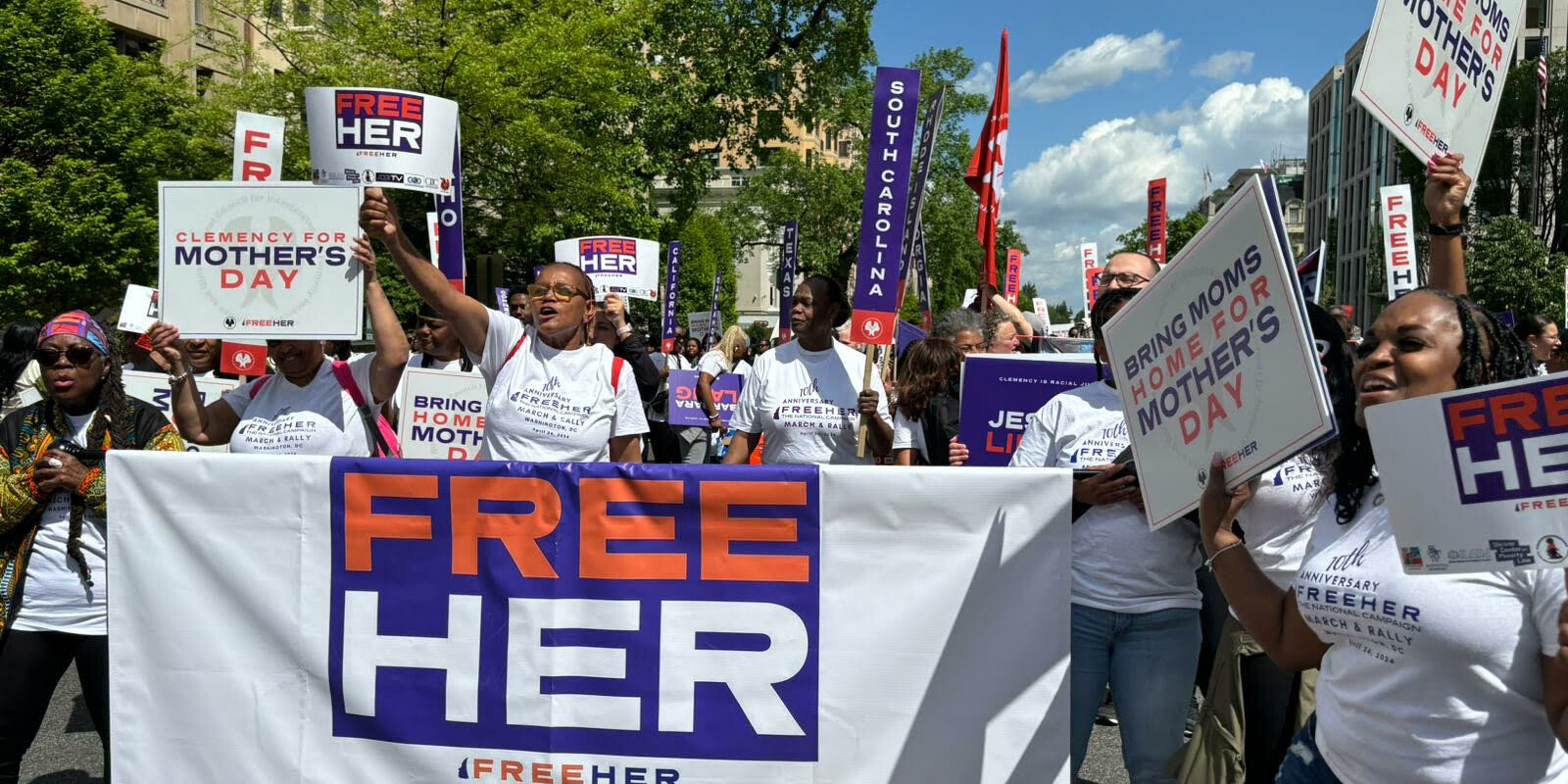I met John Zeigler, Goldin Institute Senior Director of Programs, three years ago, on a hilltop in Ophondweni, a remote rural village in KwaZulu Natal, South Africa. DeAmon Harges from The Learning Tree, Indianapolis, and a close brother for 16 years, said I simply had to talk to him. I had to drive to the top of a hill to get a signal to make the call.
Sawubona ZA had just started working with the community of Ophondweni, and we had absolutely no clue as to what we were doing.
In the relatively short time that I have known John, he has become a friend and a mentor and I couldn’t imagine walking this path without him. John introduced me to The Goldin Institute – a life-changing experience! He has been to Ophondweni – a place most South Africans have not heard of. We had the privilege of touring South Africa together, and we recently got to spend some time together in the U.S.
Sawubona walks alongside Ophondweni on a healing journey. We understand that love without works is dead, and so our walk involves food security and economic and infrastructure development. And we approach this work by making the invisible, visible. Making Ophondweni visible and through visibility attracting interest and investment to a desperately underresourced community.
John and I were the first to arrive at Boxing Off the Block, in Chicago where they encourage good habits in young people and provide a space in which they can feel safe and have positive role models in an area where gun violence is a serious problem. Tony’s brother, Gregory Raggs, graciously showed us around the gym. Gregory shared a powerful insight that resonated with me: they teach young people that the real fight happens outside the ring- often with oneself.
Inside the ring, it’s about boxing, not fighting.
— Gregory Raggs
We decided to take advantage of the good weather, setting up chairs outside as we awaited the arrival of others. As more Fellows arrived, additional chairs were brought out, and soon we found ourselves seated in a circle, reminiscent of a backyard gathering.
I had the pleasure of meeting Travis Rejman, Goldin Institute Executive Director, and Chicago Peace Fellows, Sylvia, Guillermo, and Tony, whom I’d only known through the Goldin platform or virtually, and some friends and family who joined us for the gathering. The faces were familiar, recognizable from online profiles and brief calls – virtual strangers, yet a hairsbreadth away from being family, connected by a Goldin thread.
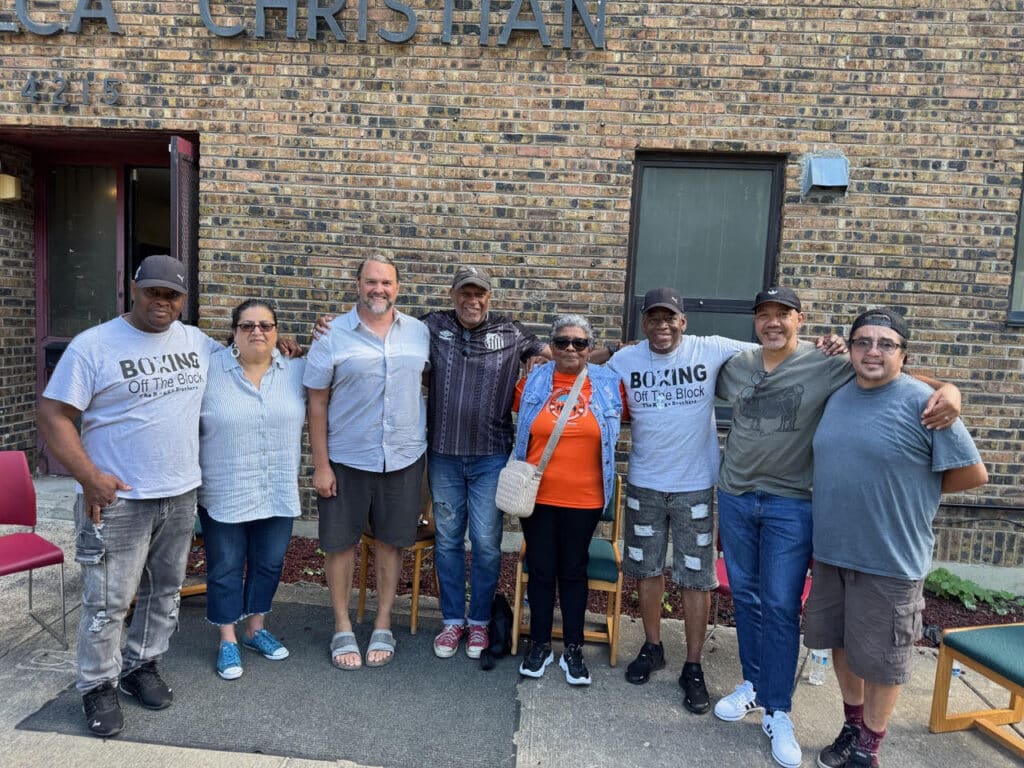
After brief introductions, including Guillermo’s thoughtful insistence on the correct pronunciation of his name, we shared insights about our work and, more importantly, the motivations behind it. Our shared mission is about healing—healing our communities, which is intrinsically tied to our own healing. We are all, in essence, wounded healers.
Surprisingly, we quickly became comfortable sharing personal stories. It’s remarkable how the urgency of our work fosters intimacy, allowing us to be vulnerable with one another.
The significance of our endeavors is profound and pressing. We are called to this work; it has chosen us. While there is little glory in our efforts, the rewards are immeasurable.
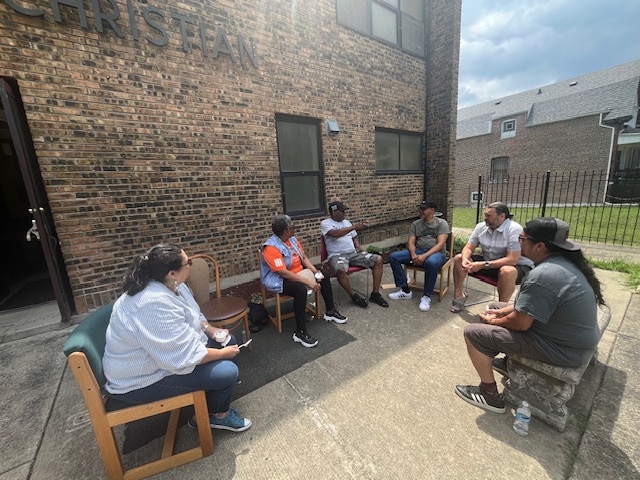
Chicago and the U.S. present a different landscape compared to Ophondweni and South Africa. Yet, this is merely a veneer. Beneath the surface, we grapple with the same struggles. Our conversations illuminated our shared humanity, revealing that what binds us is far greater than what divides us. I perceive the systemic infliction of suffering, yet the reasons behind it elude me.
Could this relentless cycle stem from fear? If so, the answer lies not in fighting, but in love. Perhaps we should all step into the metaphorical boxing ring. We must wrestle with our differences, but always with love and respect.
The Goldin Institute serves as our boxing gym, where we train not to fight, but to heal.
